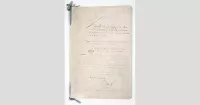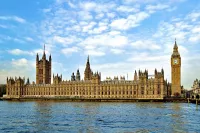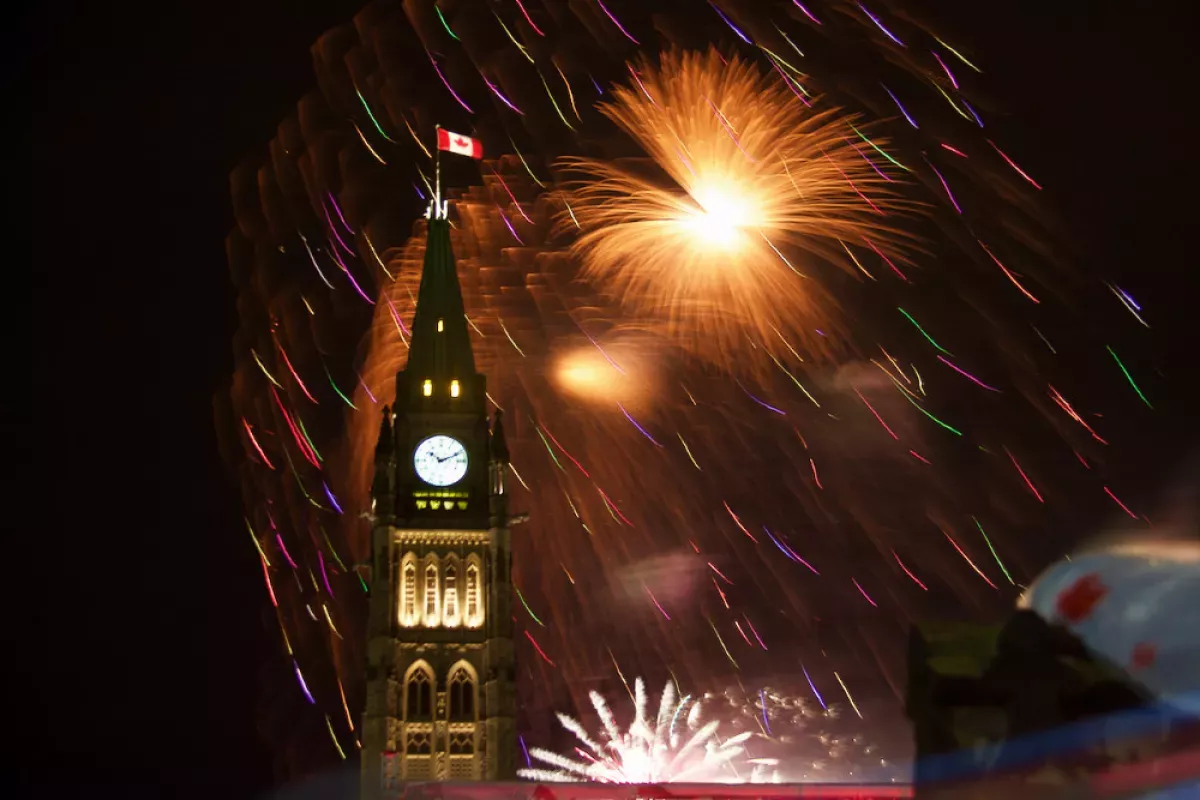Canada Day, observed annually on July 1st, commemorates the anniversary of Canadian Confederation in 1867. Formerly known as Dominion Day, this federal statutory holiday marks the unification of the three separate colonies of the United Canadas, Nova Scotia, and New Brunswick into a single dominion within the British Empire called Canada. The British North America Act, 1867, facilitated this union, establishing the foundation for modern-day Canada.
1916: First Day of the Battle of the Somme
In 1916, the first day of the Battle of the Somme occurred, leading Newfoundland to recognize July 1 as Memorial Day to commemorate heavy losses.
1917: Confederation's Gold Anniversary
In 1917, larger celebrations were held for the gold anniversary of Confederation.
1923: Enactment of the Chinese Immigration Act
In 1923, the Chinese Immigration Act was enacted, leading Chinese-Canadians to refer to July 1 as Humiliation Day and boycott Dominion Day celebrations.
1927: First National Radio Network Hookup
In 1927, the first national radio network hookup by the Canadian National Railway occurred on Dominion Day.
1931: Passage of the Statute of Westminster
In 1931, Canada gained increasing sovereignty with the passage of the Statute of Westminster.
1946: Bill to Rename Dominion Day
In 1946, a bill was introduced to rename Dominion Day as Canada Day, though it was stalled by the Senate.
1947: Repeal of the Chinese Immigration Act
In 1947, the Chinese Immigration Act was repealed.
1958: CBC Cross-Country Television Broadcast Inaugurated
In 1958, the Canadian Broadcasting Corporation's cross-country television broadcast was inaugurated, with Governor General Vincent Massey's Dominion Day speech from Parliament Hill.
1958: Government Orchestrated Celebrations Begin
In 1958, the Canadian government began to orchestrate Dominion Day celebrations, with Prime Minister John Diefenbaker requesting Secretary of State Ellen Fairclough to organize appropriate events.
1966: First Colour Television Transmission
In 1966, the first colour television transmission in Canada occurred.
1967: Canada's Centennial
Canada's centennial in 1967 is often seen as an important milestone in the history of Canadian nationalism and in Canada's maturing as a distinct, independent country, after which Dominion Day became more popular with average Canadians.
1973: Quebec's Moving Day Changed to July 1
In 1973, Quebec's Moving Day was changed from May 1 to July 1.
1980: Government Promotes Celebrations Beyond Ottawa
After 1980, the Canadian government began to promote celebrating Dominion Day beyond the national capital, giving grants and aid to cities across the country to help fund local activities.
1980: O Canada Established as National Anthem
In 1980, "O Canada" was established as the country's national anthem.
July 9, 1982: Bill Passed in House of Commons
On July 9, 1982, a private member's bill to rename Dominion Day to Canada Day was passed through the House of Commons.
October 27, 1982: Canada Day Officially Renamed
On October 27, 1982, with the granting of royal assent, Dominion Day was officially renamed Canada Day.
1982: Informal Use of "Canada Day" Causes Controversy
By the early 1980s, some Canadians were informally referring to the holiday as Canada Day, a practice that caused some controversy due to differing views on the name Dominion Day and its implications.
1982: Constitution Act Passed
In 1982, Canada became completely sovereign with the passing of the Constitution Act, which served to fully patriate the Canadian constitution.
1982: Holiday Renamed and Constitution Patriated
In 1982, Dominion Day was renamed Canada Day. Also in 1982, the Canadian constitution was patriated by the Canada Act, severing legal dependence on the Parliament of the United Kingdom.
2017: Criticism During Canada's 150th Anniversary
During Canada’s 150th anniversary in 2017, criticism arose from some Indigenous people who felt that the celebrations ignored Indigenous contributions and current challenges.
2020: Canada Day Festivities Cancelled Due to COVID-19
In 2020, all in-person Canada Day festivities were canceled nationwide due to the COVID-19 pandemic, with some events converted to virtual formats.
June 2021: Discovery of Unmarked Graves
In June 2021, after the discovery of unmarked graves of Indigenous children at a residential school in British Columbia, Canada Day events were canceled or altered in many areas.
2022: In-Person Festivities Return in Ottawa
In 2022, in-person Canada Day festivities in Ottawa returned, being re-located from Parliament Hill to LeBreton Flats due to construction.
Mentioned in this timeline

Memorial Day is a U S federal holiday observed on...
Canada is a North American country the second largest in...

In Christianity a saint is a person recognized for exceptional...

A constitution serves as the foundational legal document for any...

A bank is a financial institution that plays a crucial...

Westminster the main settlement within the City of Westminster in...
Trending
3 months ago Islanders face Rangers in first derby; betting promos available for the game.

Sha'Carri Richardson is a celebrated American track and field sprinter specializing in the and metres Her prominence surged in while...

7 months ago John Wall's NBA Return Celebrated, DeMarcus Cousins Adds Humor, Fans Show Love.
Jessica Tarlov is an American political strategist affiliated with the Democratic Party She is a co-host on the Fox News...

2 months ago Michelle Obama: America 'not ready' for a woman president, cites sexism concerns.
Vostok launched on April marked a pivotal moment in space exploration as the first human orbital spaceflight Aboard the Vostok...
Popular

Thomas Douglas Homan is an American law enforcement officer who...

William Franklin Graham III commonly known as Franklin Graham is...

XXXTentacion born Jahseh Dwayne Ricardo Onfroy was a controversial yet...

Jupiter is the fifth and largest planet from the Sun...

Kristi Noem is an American politician who has served as...

Instagram is a photo and video-sharing social networking service owned...
